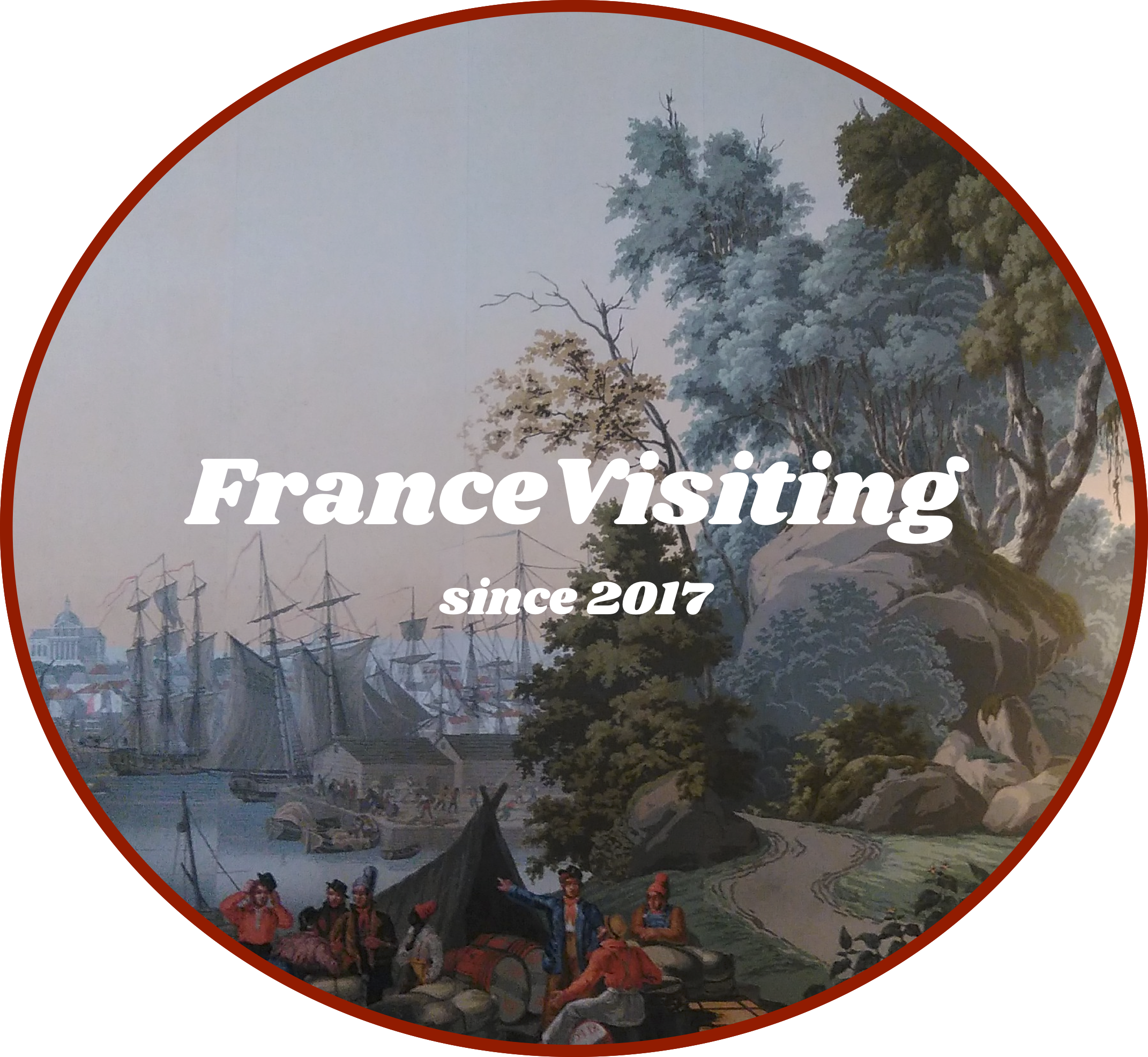Download the Ethic Ocean application, and preserve the oceans by adapting your seafood consumption
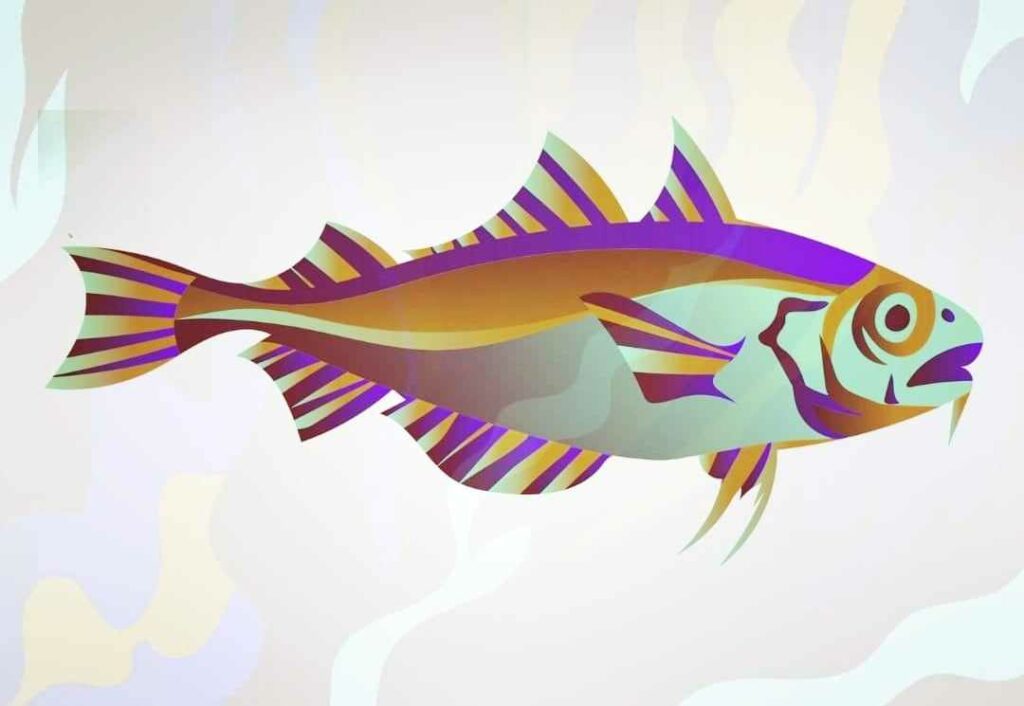
©
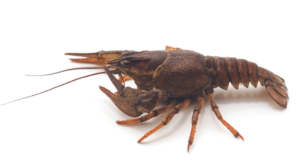
Have you ever heard about Ethic Ocean? A responsable association, whose goal is to mobilize all professionals in the fishing and aquaculture sector by encouraging good practices in favor of preserving the ocean and its resources.
The association supports fishermen, aquaculturists, fishmongers, suppliers, large retail chains, fishmongers, chefs and restaurateurs in the implementation of sustainable supply practices. Ethic Ocean publishes each year a Species Guide, for use by professionals, guiding towards responsible purchasing. By AP
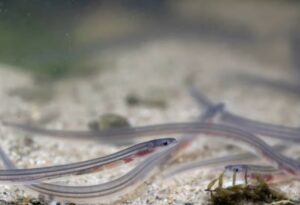
Ethic Ocean is an environmental organization dedicated to the preservation of fisheries resources and marine ecosystems. Its mission is to create opportunities for change and contribute to the implementation of sustainable practices within the sector, notably by mobilizing professionals to encourage good practices in favor of preserving the oceans and their resources (photo credits: Ethic Ocean).
Ethic Ocean is an environmental organization dedicated to the preservation of those so much instable fisheries resources and marine ecosystems.
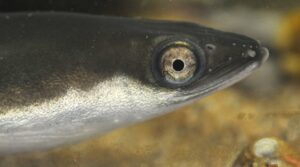
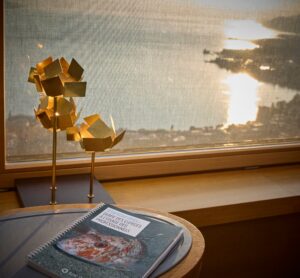
Indeed, Ethic Ocean pays many efforts and actions to raise awareness over anyone to the development of a real sustainable seafood market. This dream of oceans and ecosystems preservation can not be possible without a huge engagement of professionals, heavy users of the seas and oceans. Those are the related players able to implement responsible practices, with regard to the preservation of those fragile oceans.
That means that Ethic Ocean tends to help the entire chain of seafood industry, from fishermen and aquaculturists to processors, distributors, fishmongers, chefs until restaurateurs, to make this seafood market green again. In fact, all the stakeholders and other ocean users, are responsible to collaborate with the aim of finding solutions, that would allow the oceans and their resources to be used responsibly, with less impact on their ecosystems and surrounding communities, whose future depends on their wide environmental, economic and social points of view.
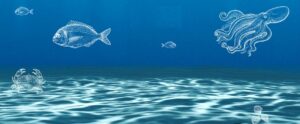
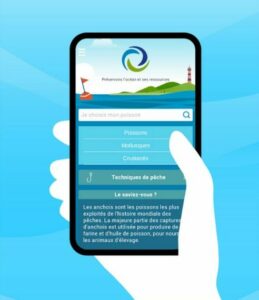 Among those actions, you may find some digital initiatives, like the Ethic Ocean‘s application, which would undoubtedly support you to consume seafood (so to say fish, crustaceans, molluscs) while preserving vital global resources.
Among those actions, you may find some digital initiatives, like the Ethic Ocean‘s application, which would undoubtedly support you to consume seafood (so to say fish, crustaceans, molluscs) while preserving vital global resources.
In this application, you could find key information to check before any purchase, about the scientific name, the origin, the stock status of the species, but also its fishing technique, its sexual maturity size versus legal marketing size and for sure its production conditions (in the case of fish farms). Apart from this, don’t miss the multiple recipes proposed by the chefs of the Sea Crew, which are for the most of them winners and finalists of the Olivier Roellinger culinary competition, dedicated to the preservation of sea resources.
Download the application on iOS here or on Android here.
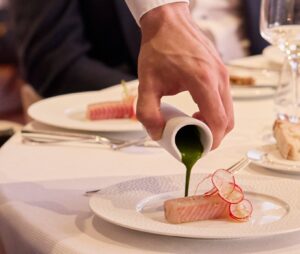 Furthermore, their alternative Étiquettable application, is a labelable, collaborative and free application that encourages consumers to consume differently and of course responsibly.
Furthermore, their alternative Étiquettable application, is a labelable, collaborative and free application that encourages consumers to consume differently and of course responsibly.
On the menu, you may find information about seasonal fruits and vegetables, but also naturally you would learn more about sustainable seafood resources, along seasonal and low carbon recipes.. Without missing that a digital version of the Guide des Espèces à Usage des Professionnels (a species guide for professionals), published by Ethic Ocean, is as well available there.
Download the application on iOS here or on Android here.
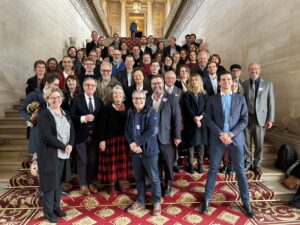
Without forgetting that Ethic Ocean even holds its annual conference, by gathering its closest partners and sponsors. Among them, we may find of course the actors of the seafood sector, involved for the preservation of marine resources.
Their last meeting held on November 6th, 2023, in the lounges of the French Senate, setting in the Palais du Luxembourg. This conference conveyed a main thematics about “Responsible together, the actors of the sector committed to the preservation of marine resources”, organized in partnership with the GHR Ile-de -France, under the sponsorship of the Senator of the Gard department, Vivette Lopez and the chef Olivier Roellinger, based in Cancale and longtime support of Ethic Ocean.
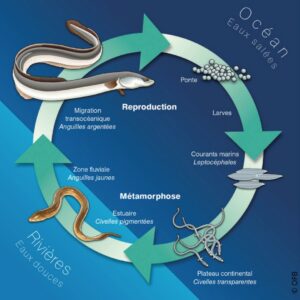
At this occasion, many players of this wide seafood family were reunited, such as fishing and aquaculture professionals, suppliers, restaurateurs, and other stakeholders, who met to discuss about the issues of marine resources and their environment.
There, many issues where discusses, like the theme of sustainability of seafood products, highlighting the challenges and constraints of their respective sectors. For example, Alain Biseau, head of the Fisheries Expertise at Ifremer institute, presented the state of the national resources. He told about an operated progress in recent years, whereas a real pressure on fisheries resources remains enormous, with 35.4% of stocks which are globally overexploited. Thus, the 2014 reform of the CFP (for Common Fisheries Policy) provided that in 2020, those European quotas respect scientific advices, but 46% of those quotas are still higher than the catch limits, recommended by the same scientists.
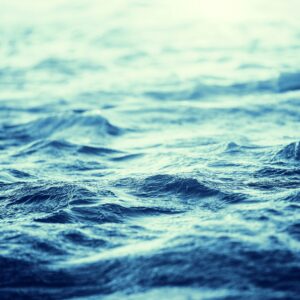
In another hand, aquaculture represents more than half of the seafood products globally consumed. Nonetheless, Ethic Ocean requested more traceability and transparency from all the players, in order to have the necessary information leading the market to become more sustainable, like the name of the species, the precise origin, the fishing gear, but also farm for breeding animals. They as well discussed the evolution of this sector in recent years, declining in the need for animal meal to feed those farm species, including the use and recovery of production waste, from fishermen and fishmongers as a source of food for them.
This transparency remains essential in order to be able to move towards responsible purchasing and preserve biodiversity. Unless Dimitri Rogoff, president of CRPMEM Normandy, recalled that seafood products are the last wild resources that we consume and that we must respect them.
“Better knowledge of the fishing profession and its constraints is necessary, among as many people as possible, so that consumers can be aware of the value of what they are tasting. Restaurateurs have the responsibility to make the best use of these resources, which is not always the case”, admits Dimitri Rogoff.
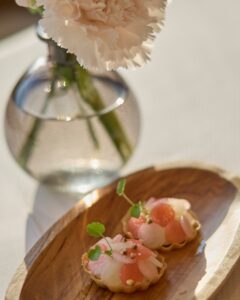
Apart from this, a long talk was dealt about ocean and plastic pollution, highlighting the real scourge that plastic pollution represents for our environment and our health. Indeed, there are billions of plastic pieces floating all over the oceans, particularly micro-plastics and nano-plastics (up to 385,000 billion elements that could weigh around 4.9 million of tons, following a 2019 estimation).
Unless this plastic material has revolutionized our daily lives since the 1950s, it has become the poison of our oceans and its resources; before becoming now present in our food. Whereas, concrete solutions exist and everyone could act at his own scale, at the image of certified plastic free restaurants. This is the case of the of the Mirazur restaurant in Menton, as being the first French establishment adopting it, by avoiding polystyrene, as the main container used in cooking but also for hygiene protocol (gloves removal) and to deliver products. In another hand, a reusable container is proposed by Pandobac, for transporting seafood while keeping them cold. Also responding to the problem of the volume of packaging waste, experienced by restaurateurs, the end of crates, boxes, and random single-use plastic is then possible.
“We ingest plastic every week, the equivalent of a bank card”, recalled Romain Troublé, the director of the Tara Océan Foundation.
 The last good words for the end, by Elisabeth Vallet, the director of Ethic Ocean, telling that “These exchanges between players in the sector are essential, since they allow us to better understand each other’s constraints, and to discuss concrete solutions in favor of preserving the oceans. The requests raised today will be the subject of future work in collaboration with professionals.”
The last good words for the end, by Elisabeth Vallet, the director of Ethic Ocean, telling that “These exchanges between players in the sector are essential, since they allow us to better understand each other’s constraints, and to discuss concrete solutions in favor of preserving the oceans. The requests raised today will be the subject of future work in collaboration with professionals.”
More details on their official website.
